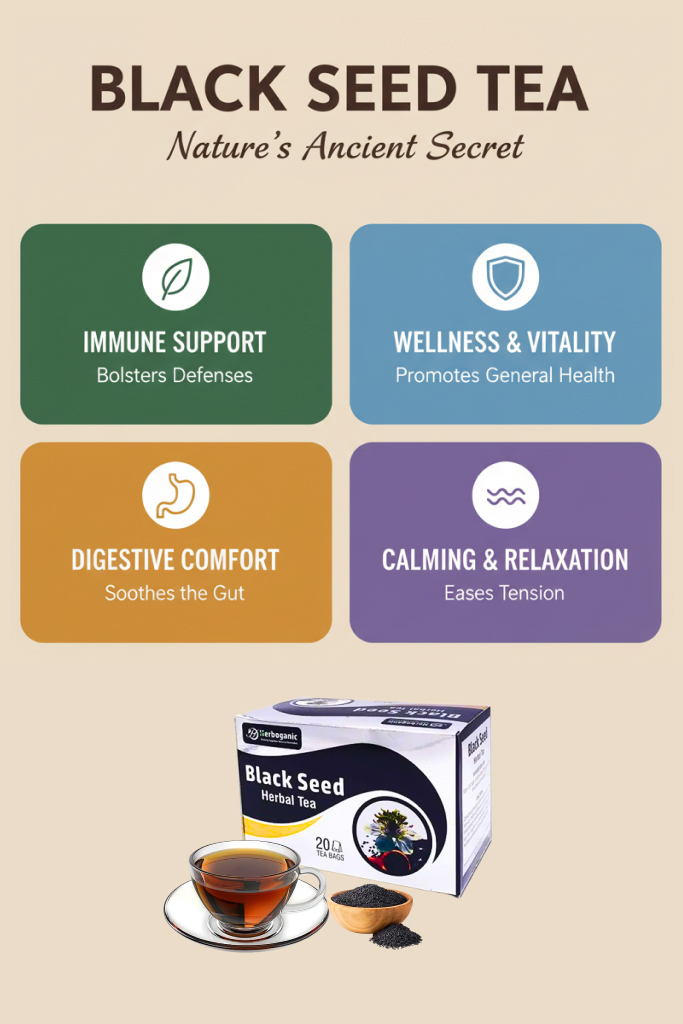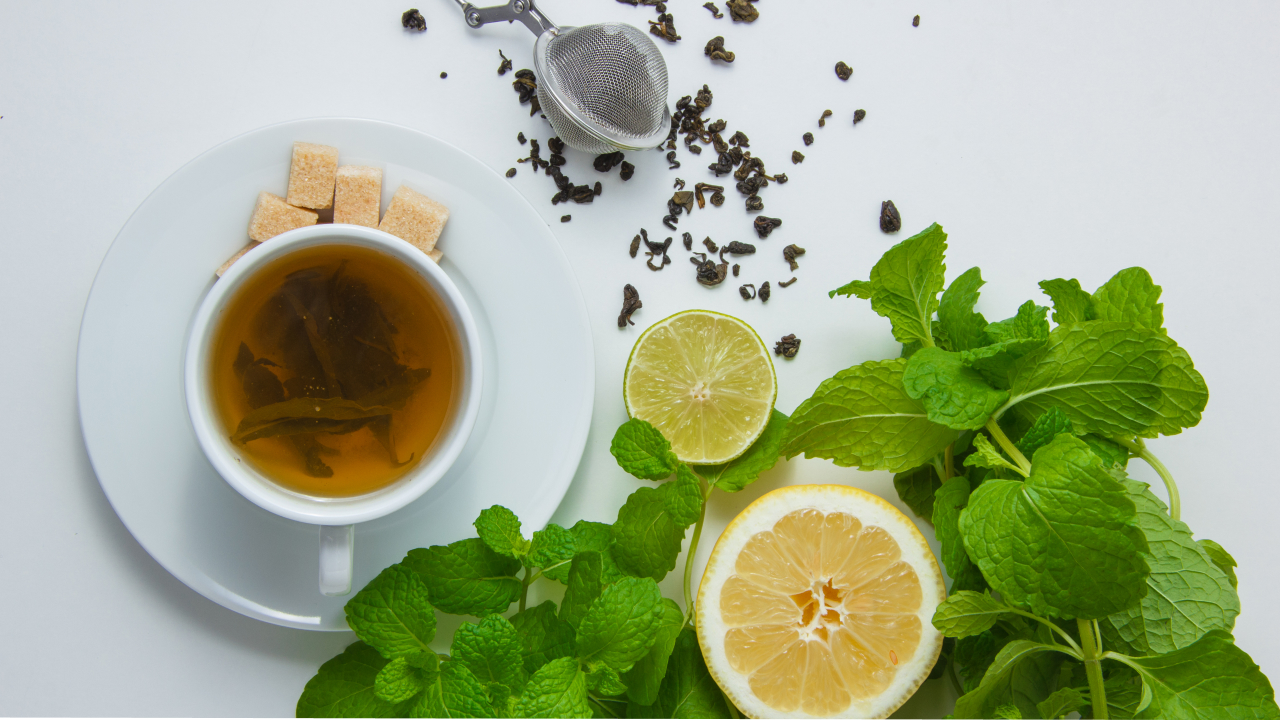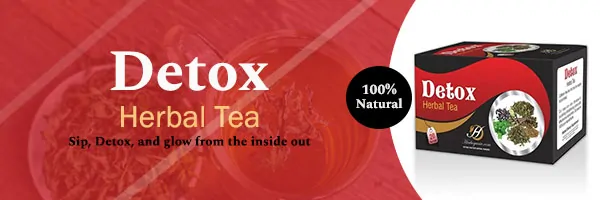Detox teas are everywhere – Instagram, glossy boxes at the health food store, and even from celebrity endorsements who insist they have found the holy grail to burning fat. People are drawn to them because of the promised detox tea benefits – they’re simple – do little more than steep an extract of herbs, sip, and let the tea do the heavy lifting.
But do detox teas really work – or are they just a bunch of marketing in tea leaves? This article is based on evidence, and the references are included. There’s also evidence that some ingredients in detox teas could be harmful, along with some safer, realistic alternatives to support your body’s natural detox systems.
What Is Detox Cleansing Tea?
“Detox teas” (sometimes refer to as “teatoxes“) are market with false promises that they help the body ‘’detoxify,” ‘’cleanse,” “purge toxins, ” flush fat, “clean your digestive tract,” and “reboot metabolism.” They typically have one or more of:
- Laxative herbs (such as senna or cascara)
- Diuretics (e.g., dandelion root, burdock)
- Stimulants (often caffeine, green tea extract, yerba mate)
- Other such “detoxifying” or “purifying” ingredients (milk thistle, nettle, ginger, etc.)
Marketing usually offers fast results – weight loss, less bloating, better skin, more energy, and so on.
What Claims Are Made?
The kind of claims you’ll see are along includes:
- Removal of “toxins” through the gut, liver, or bloodstream
- Sudden weight loss (specifically water weight)
- Less bloating and improved digestion
- Boosted metabolism and energy
- Clearer skin, brighter complexion
- Better overall wellness or immune support
These are appealing claims, particularly among the wellness culture, but the question is: what does science support, and what is hype?
What Science Actually Says – Benefits & Drawbacks
Looking at research, here’s a more nuanced picture of what detox teas might do (or not), and where evidence is weak or absent.
Reduction in Bloating/Water Retention
Diuretic ingredients (e.g. dandelion) may help increase urination, therefore flushing out excess water. This might reduce puffiness, or swelling, and possibly make you feel “lighter”. Certain teas containing mild natural laxatives may help alleviate occasional constipation, which in turn could ease bloating.
However, all of these effects are short-term, and a lot of it is water weight, not fat. And then, quite frequently, things snap back once you get back to a normal level of hydration and diet.
Substitute for High-Calorie Drinks or Healthier Options
If you replace high-sugar drinks or soda with detox tea (without a lot of sugar), that means fewer added calories, which might help modestly for weight control.
Herbal teas (where “detox” is more or less a marketing thing) tend to have herbs/antioxidants/etc in them, which might, again, if taken in moderation, offer some health benefits.
Mild Digestive Support
Some herbs can help stimulate digestive motility (helping food move through the gut). A mild laxative herbal component may offer short-term relief if the user is feeling mildly constipated.
The structure of drinking warm tea can soothe digestion, alleviate discomfort, or help to provide calming effects (hydration, warm fluid, relaxing moment), which may indirectly help our gut.
Anti-oxidant Effects (From Tea, Herb Ingredients)
A lot of green tea blends and herbal teas contain polyphenols, flavonoids, etc. These substances can neutralize free radicals, relieve oxidase stress, and may have a minor protective effect for organs or skin, etc.
But again: The “detox tea” blends that are widely advertising with big claims usually contain more than the antioxidant content can reliably provide.
More Realistic, Moderate Benefits
If you consider all the research, here are the detox tea benefits that might come with moderate use, and how to get those benefits more safely:
Moment for self-care and hydration
Tea drinking offers warm fluids, which can improve hydration if replacing sugary or caffeinated drinks. The routine can be soothing, stress-reducing, and help with relaxation.
Mild digestive relief
For occasional constipation, all-natural bloating, or feeling heavy after meals, a gentle cup of herbal tea will help.
Temporarily reduced bloating/puffiness
Diuretic herbs can be beneficial in relieving water retention. But it’s a modest and fleeting one.
Support of antioxidant intake
So, if the tea is loaded with herbs or “classic teas” like green and black teas, which contain polyphenols, these help the body create its own antioxidant capabilities.
Potential Metabolic/Weight Management Support in context
If one drinks detox tea in conjunction with healthier eating and more movement, better sleep, there might be some cumulative benefits. But tea alone isn’t likely to help much.
How to Use Detox Teas More Safely?
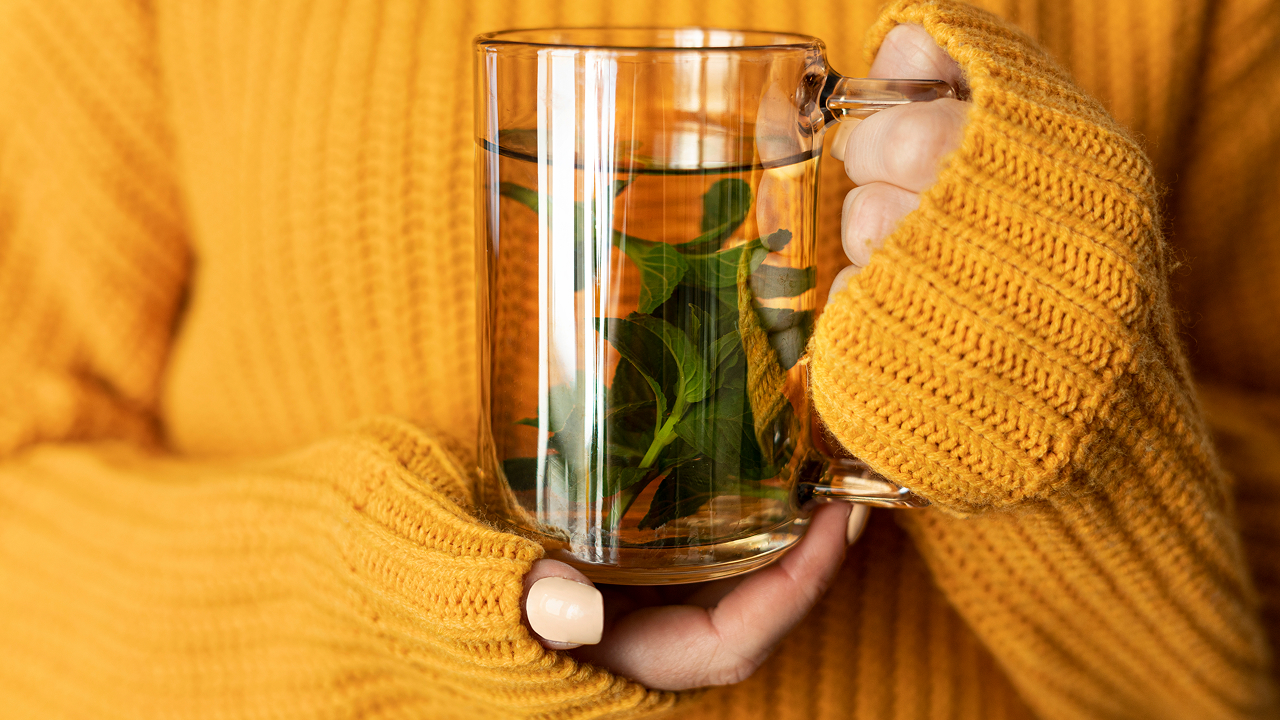
For those who want to try a detox tea, here are some best practices for better results:
- Consult the list of ingredients: Strong purgatives/laxatives should not be used regularly.
- Limit duration: avoid using “detox cycles” continuously for prolonged periods. Limit time (if necessary), take breaks.
- Make sure to rehydrate: drink enough liquid to replace what is lost.
- If you have underlying health conditions (liver, kidney issues, heart problems), are pregnant, or are on medications, be cautious. Consult a healthcare provider.
- Choose brands you can trust: those that test for contaminants, list all active herbal ingredients without proprietary blends, and offer transparency, such as NutriOrga’s Herbal Teas.
- No miracles expected: set realistic expectations that any effects are likely to be small, transient, and heavily influenced by lifestyle in general.
What Science Does Not Support/What Is Overhyped?
There are plenty of claims that are overhyped which are not backed by science.
Complete Detoxification/Toxin Removal
The body already has its own internal aids to detox: liver, kidneys, lungs, skin, etc., who deals with removing many of these bad substances. No credible scientific evidence supports the use of detox tea products in this capacity.
To help remove environmental toxins, heavy metals, or other dangerous substances from your body that it’s already engaged in removing.
Most of these claims are vague (“toxins,” “waste,” “purge”), but they have not been clearly defined in studies.
Sustainable Weight Loss
Much of that rapid weight loss is from water loss, having more bowel movements, or due to decreased caloric intake (if you diet when you use the detox tea). Just very little to no body fat is being lost.
Re-gain is common after the tea use stops, fluid balance is restored, and the diet returns to its old ways.
Health Boosts, Energy, Skin
Effects on energy or skin can be anecdotal, inconsistent. Some people report feeling better, but it’s hard to credit the tea alone. It’s typically other lifestyle factors (diet, hydration, sleep) that make a bigger difference.
And detox teas, being magic cures or boosters for every facet of our health, are not backed by rigorous trials.
Why “Weight Loss” Claims are Predominantly Smoke and Mirrors?
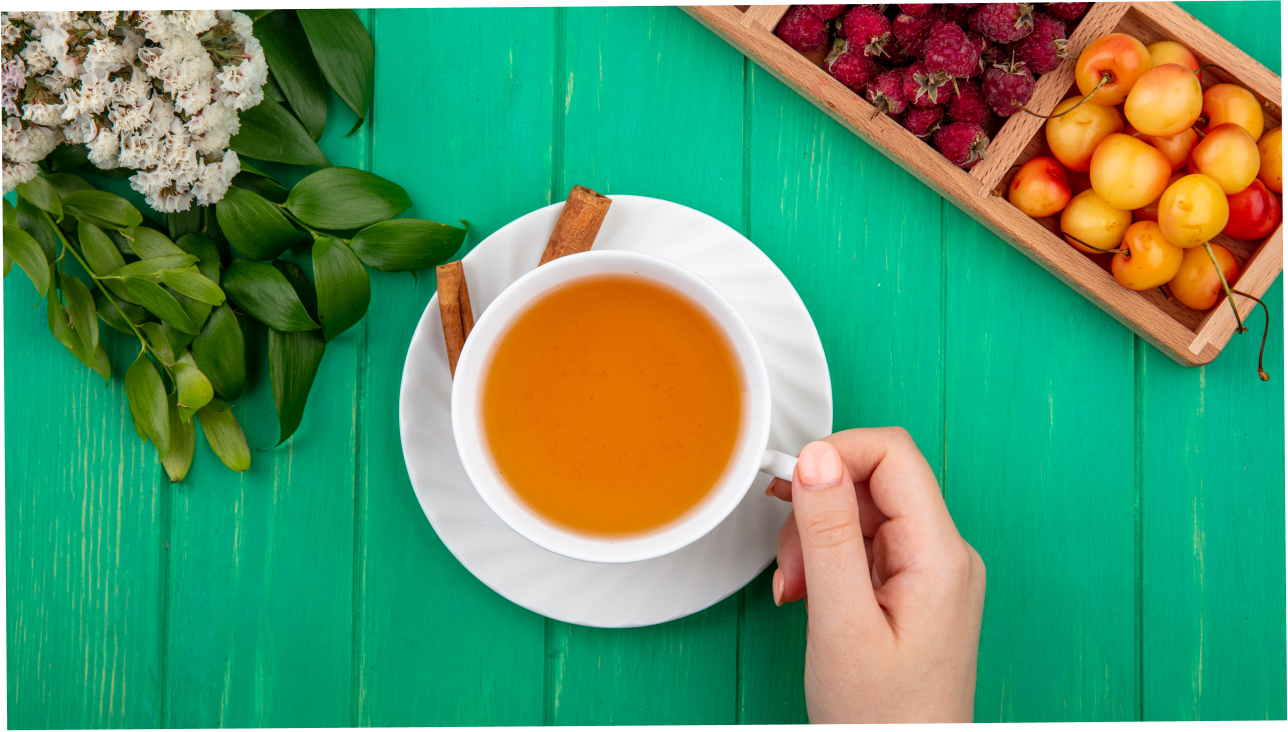
Weight-loss results are many times advertised for most detox tea labels. After a day or two of detox tea, you might see a drop – but here’s the real surprise: that loss is most often water weight, not fat.
Active ingredients with diuretic or laxative effects (common in many “skinny” teas) can lead to fluid loss and more regular trips to the loo, resulting in a temporary reduction on the scale. This isn’t sustainable fat loss, and will return to normal levels when you start taking in fluids or regain regular bowel activity.
The health resources at Brown University claim that a difference in weight from these teas is more likely to be due to fluid loss, not fat.
Risks, Side Effects, and Concerns
“Detox teas – if used too much, or in high doses – are harmful.” Serious adverse effects are rare but reported. Some of the risks include:
Gastrointestinal Problems
Laxative herbs (senna, cascara, rhubarb root) can lead to cramping, diarrhea, and nausea. Excessive use can interfere with normal bowel rhythm and result in dependency (the body requires the laxative to have regular bowel movements). Abdominal pain, bloating, or it may irritate the lining of your gut in some people.
Dehydration & Electrolyte Imbalance
Urination is increased by diuretics, while bowel output increases with laxatives; in excess, however, both can result in loss of fluid and electrolytes (potassium, sodium, etc.) if not balanced. There are case reports of hyponatremia (low sodium content in the blood) related to overconsumption of detox teas.
Medication Interactions
Some herbs in tea blends may interfere with drug metabolism (through liver enzymes) and might affect the action of blood thinners or other drugs. The tissue may affect the absorption of orally administered drugs due to diuretic or laxative effects.
Nutrient Deficiency
When laxatives accelerate transit time too much, nutrient absorption suffers. Moreover, if someone is also relying on tea or detox regimens in favor of nutrient-dense foods, the risk could increase.
Overuse & Dependence
Regular use, particularly of laxative teas, can cause dependence, so normal bowel movements become impossible without the tea. A mental dependence (relying on the tea to “cure” them, and not changing lifestyle) is also possible. So, always balance teas with healthy food options.
Who Should Avoid Detox Teas?

For safety, certain groups should avoid detox teas entirely – particularly those containing laxatives, stimulants, or unverified herbs:
- Pregnant or breastfeeding women
- Children and adolescents
- Patients with kidney or liver insufficiency
- Individuals taking medications with potential herb interactions (blood thinners, digoxin, diuretics)
- Individuals with heart rhythm disorders or low blood pressure
- Individuals with eating disorder behaviours or past laxative misuse
If you’re in one of these groups, consult with a health professional before trying any herbal product. Interactions between everyday tea herbs (such as senna) and prescription drugs are commonly flagged in medical sources.
The Bottom Line – Keep it Real and Keep it Safe
Detox teas are not a miracle product. The organs of the body are designed to do the brunt of breaking down toxins. Some teas may provide real health benefits due to antioxidants in them. If you happen to like tea, keep it simple: stick with good-quality traditional teas like NutriOrga’s herbal tea collection and save your money.
Don’t depend on excessive daily use of laxative-containing blends, and combine wisdom around drinking tea with evidence-based lifestyle habits – balanced nutrition, regular physical activity, enough sleep, and scheduled medical checkups— to truly experience the best detox tea benefits naturally.
Summary
Here are the key takeaways:
- Detox tea can offer short-term benefits, like some relief from bloating, temporary weight loss, and a feeling of “cleanse” or freshness.
- Many of the promised benefits of detox tea (purging toxins, permanent fat loss, miraculous health improvements) are not backed up with strong science.
- Now, the effects are undetermined over the long term, and long-term health improvements are more safely and effectively achieved through a healthy lifestyle: a good diet, plenty of water, regular exercise, sleep, and reduced exposure to harmful things.
If you like detox teas because you enjoy the taste of them, or they are part of your daily routine and bring joy, go sparingly and opt for gentler offerings from NutriOrga’s Detox Tea that avoid using harsh herbal laxatives or stimulating herbs. While moderation is key, you can still experience the benefits of drinking detox tea, such as improved hydration, antioxidant support, and gentle digestive comfort.
